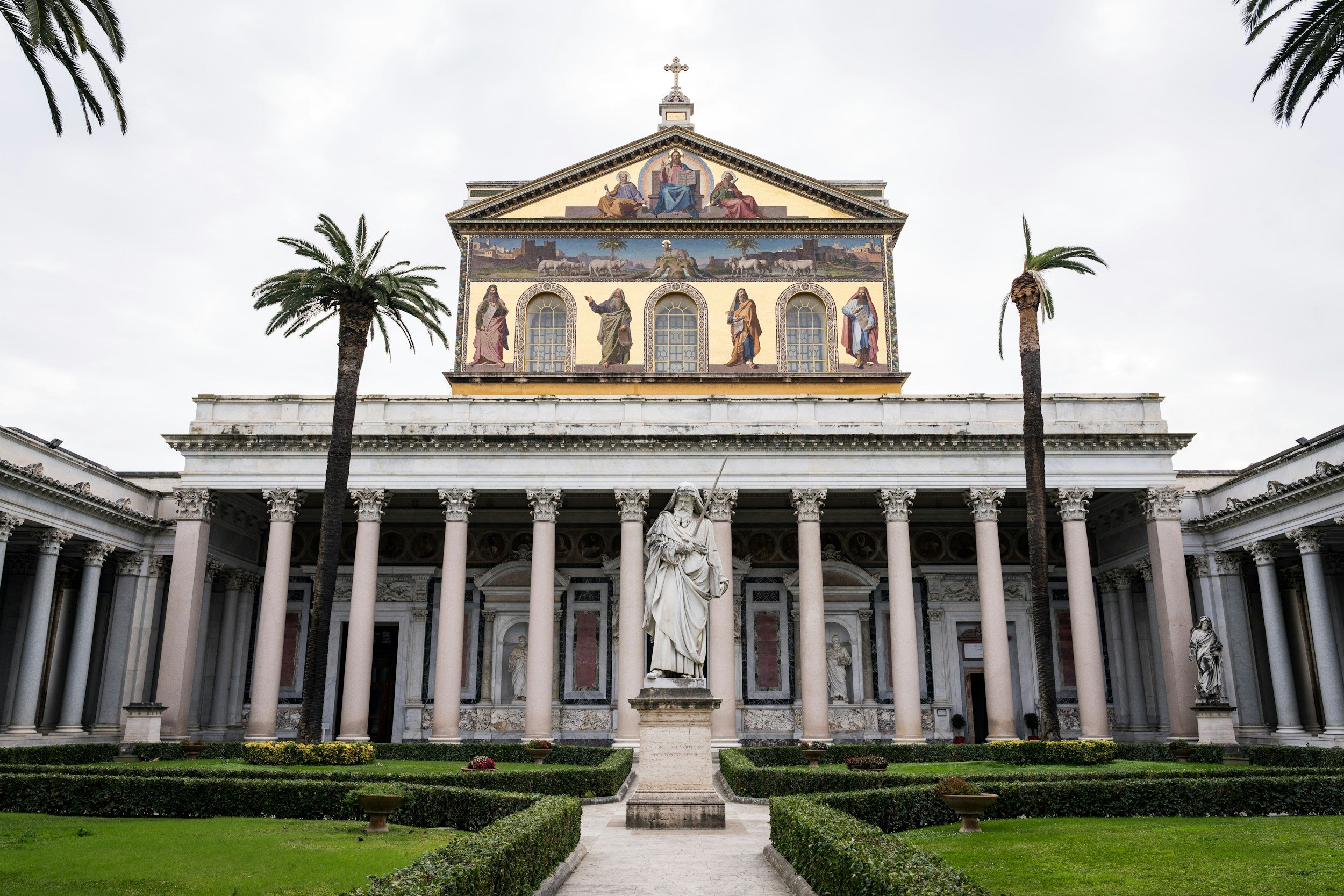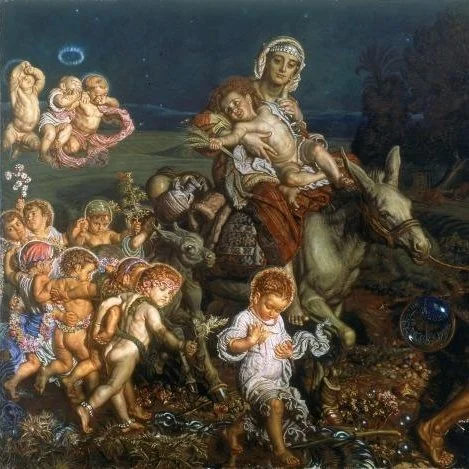As Global confusion reigns over Pope Francis’s response to the dubia of 5 cardinals, one of those cardinals has encouraged Catholics to pray for the church.
Cardinal Raymond Burke gave a talk this past Tuesday, now published on his website today, in which he implored people to pray for God’s blessings.
He wrote:
I would like to conclude by urging you to pray to implore Heaven's help against all powers, human and preternatural, that dream of the destruction of the Church. Non prevalebunt!
We know that good is always held in esteem in God's eyes and will be justly rewarded, just as evil will be punished. Many young people are aware of this and seek to live, with the support of the Sacraments, an authentic life of Faith, Hope and Charity, that is, a life ever more fully in Christ with a heart ever more given, together with the Immaculate Heart of Mary, to His Most Sacred Heart. This is clearly the true future of the Church, the only one that will truly bear fruit (cf. Mt 7, 15-17).
Today good Christians must be prepared to suffer the white martyrdom of misunderstanding, rejection, and persecution, and sometimes the red martyrdom of the shedding of blood, in order to be faithful witnesses of Christ, His “fellow workers in the truth.”
Although the current confusion is particularly great, even historically significant not to say unprecedented, we cannot believe that the situation is irreversible. As I have just mentioned, the gates of hell will not prevail against the Church. The Lord has promised to remain with us in the Church " to the close of the age.
He does not lie. He is always faithful to His promises. We can always trust the Lord living for us in the Church. And certainly we must never forsake the Lord but remain with Him in the Church which is His Mystical Body. We must always remain branches surely inserted into the Vine which is the Lord. However, we are forced to see that many souls take the road to perdition because of this confusion, so we must pray much and act to dispel it as soon as possible.
Let us invoke the Blessed Virgin Mary, especially her Immaculate Heart, St. Joseph Protector of Holy Church, the Holy Apostles Peter and Paul, and all the saints, that each of us may remain faithful to Christ and to His Church, One, Holy, Catholic, and Apostolic, the Holy Roman Church; and that the Church herself, without stain or wrinkle, may emerge as soon as possible from the present state of confusion and division to shorten these times in which the risk of the loss of souls is great. Salus animarum "in Ecclesia suprema semper lex esse debet."
Cardinal Burke was also critical of the nature of Synodality in its present form, which he said was ahistorical and far removed from ecclesiastical tradition:
Synodality, as an abstract term, is a neologism in the doctrine on the Church. It is well known that the Second Vatican Council wanted to avoid the abstract terms of conciliarity and collegiality, which are not found in the conciliar texts. It is to be assumed that the Council itself would have wanted to avoid an abstract term like synodality, if it would have known it.
The canonical tradition knows the institution of the Synod as an instrument for giving council to the sacred pastors; the Church is not described as synodal but, instead, as hierarchical communion.
It is the pastors in the communion safeguarded and fostered by the Petrine Office, i.e., the hierarchy, who have the responsibility for the doctrinal, liturgical, and moral guidance of the Church. The Synod is an aid offered to the pastors so that they can fulfill their service. It never replaces and cannot replace the pastoral office willed and instituted by Christ Himself.
And:
It is frequently said that the insistence on the synodality of the Church is nothing more than reclaiming an ecclesial characteristic always saved by the Eastern Church. I have regular contact with Eastern bishops and priests, both Catholic and Orthodox, all of whom have told me that the way the current synod is organized has nothing to do with Eastern synods. This applies not only to the place of the laity in these assemblies, but also more generally to the way they operate and even to the issues they address. There is confusion around the term synodality, which people artificially try to link to an Eastern practice, but which in reality has all the characteristics of a recent invention, especially with regard to the laity.
Such a change in the Church's self-understanding has as a further consequence a weakening of teaching on morality as well as discipline in the Church.




There are lots of fake quotes going around.